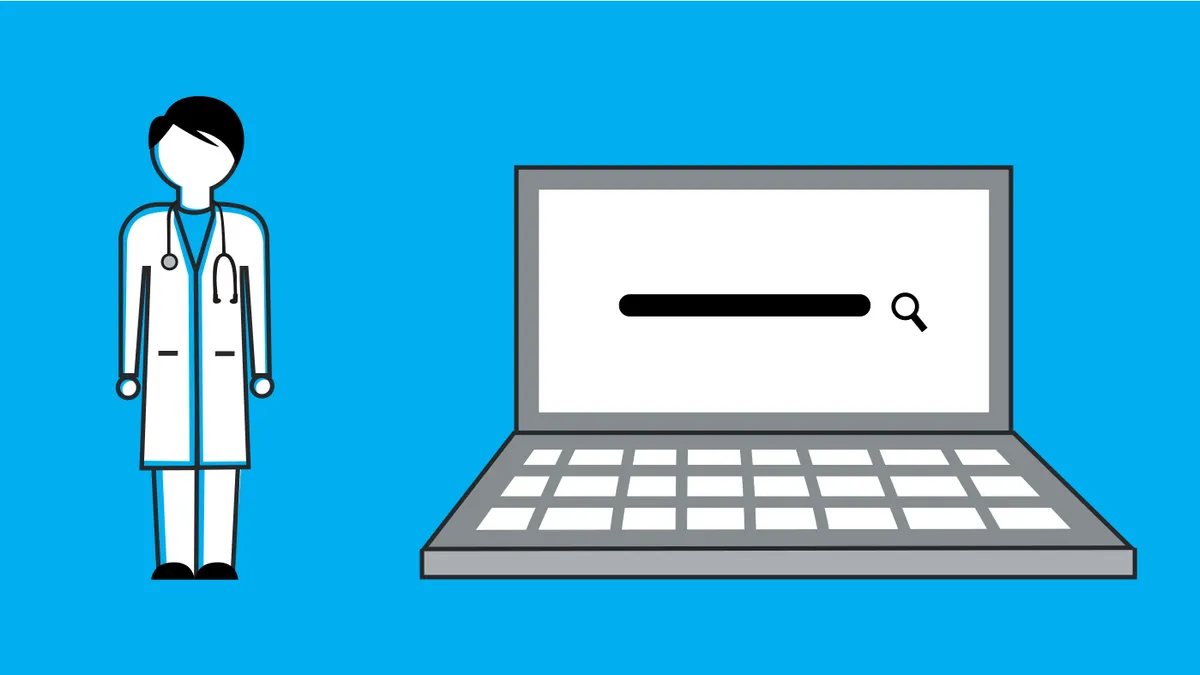Dive Brief:
- More American employers are offering employees high deductible health plans (HDHPs), but recipients require much more support and education in the workplace to understand their options and mitigate longer-term health risks, according to new research.
- That finding came from The Guardian Life Insurance Company of America, which has released A Crack in the Foundation, its first set of findings from its fourth annual Guardian Workplace Benefits Study.
- For example, three in five employers do not offer Health Savings Accounts (HSAs) alongside their high deductible plan, which is especially true of those organizations with fewer than 50 employees – a segment that accounts for nearly 30% of all working Americans. Yet, Guardian points out, it's proven that HSAs offered in conjunction with an HDHP enable employees to set aside pre-tax dollars to cover out-of-pocket medical expenses. Also, employers may also contribute to their employees’ HSA to provide a base level of funding.
Dive Insight:
The survey fortifies the notion that even when employees have access to an HSA, many do not fully understand how to fund or utilize it, and the result is often financial stress and/or confusion for employees. Also, rather than pay high deductible costs, some employees simply don't go to the doctor when they should. This only serves to make matters worse concerning both their own healthcare and the healthcare of their families.
Employers who do offer HDHPs can help employees fund out-of-pocket expenses through HSAs and supplemental health benefits, but there’s still room for improvement. Not surprisingly, employees are currently overwhelmed by choice, and HDHPs are just one of many confusing benefit offerings that require more education on behalf of employers. There remains much work to be done by HR leaders in terms of optimizing these new, growing healthcare benefit options.













